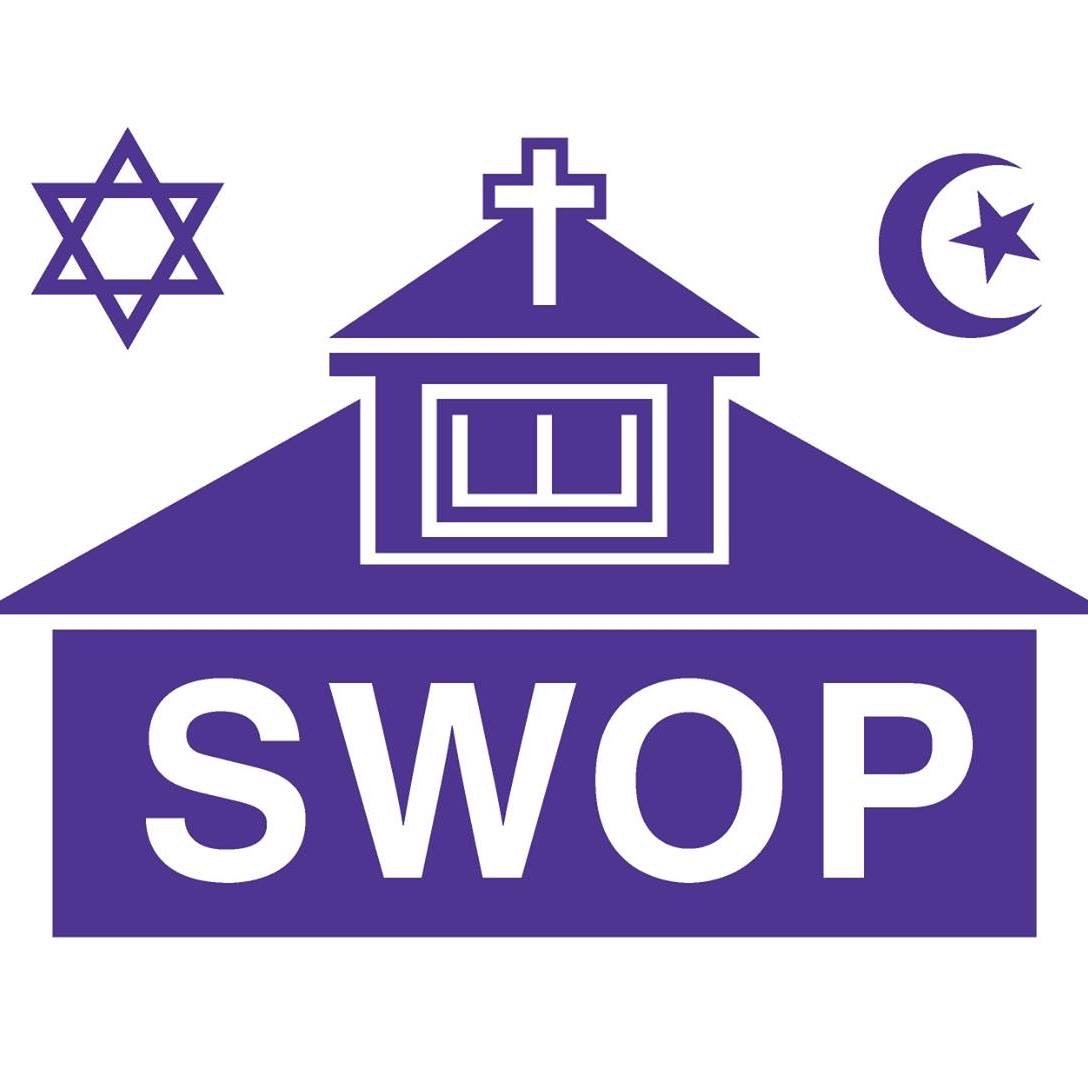In preparation for the 2020 Census, the Weekly is featuring an organization doing work around the census and ways to get involved in each issue. This is the second in the series.
Across Chicago, some of the hardest-to-count census tracts—labeled as such because of low response rates to previous censuses—are in predominantly Latinx communities. Historically, factors like language, poverty, and education have contributed to these populations being undercounted: the Census Bureau does its job best when tallying up rich, English-speaking, highly-educated areas. For this census, the temporary addition of a citizenship question to the Census—the Supreme Court ultimately rejected the addition last June—has made matters worse. U.S. Representative Jesús “Chuy” García, whose district includes largely Latinx neighborhoods on the Southwest and Northwest Sides and suburbs, stated his constituents must “overcome fear and confusion” around the count, which begins April 1.
One group working to ensure that some of Chicago’s Latinx community areas are properly counted is the Southwest Organizing Project (SWOP). The organization’s area of coverage, which is sixty-two percent Latinx, includes Chicago Lawn, West Elsdon, and Gage Park—neighborhoods where the self-response rate to the more frequent American Community Survey tends to hover around or under thirty percent. (In nearby Oak Lawn, for comparison, the response rate tends to be about sixty percent.) Laurel Bornman, a master’s student at the University of Chicago School of Social Service Administration and an intern with SWOP, said that getting people to respond to the survey, either on paper or online, is a focus of their organizing. “The government is not trusted a lot in these communities. That’s why we’re saying, ‘Make sure you’re turning surveys back in.’ We’re not gonna encourage people to open their door to the government because of ICE or whomever, even just cops,” she said.
To that end, SWOP is canvassing its area of coverage, knocking doors in a set of tracts assigned to them through a grant from the Illinois Department of Human Services by way of the Illinois Coalition for Immigrant and Refugee Rights. But Mayra Sarabia, who’s leading SWOP’s census efforts, said the organization is also doing more, like visiting schools to give presentations with Census information. “One student said, ‘We’d like to learn more about it because we’re gonna be helping our parents to fill it out.’ They can pursue the parents more than me,” she said, noting that Pell Grants are allocated through federal funding determined by census numbers. “They can say, ‘It’s important for my education. I want to go to college—when I apply for college, I might not get enough.’”
The Weekly’s coverage of the 2020 Census is supported by a grant from the McCormick Foundation, administered by the Chicago Independent Media Alliance.
Christian Belanger is a senior editor at the Weekly and a staff writer at the Hyde Park Herald. He last covered a traveling exhibit of community-made media, currently on view at University of Chicago art centers.

